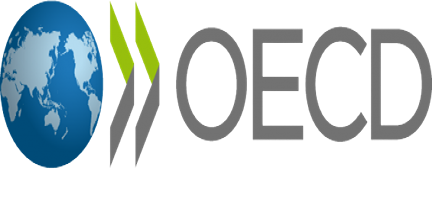On 14 June 2022, during the meeting of the Africa Initiative, the OECD published Tax Transparency in Africa 2022. The report looks at progress made in tax transparency and exchange of information to combat tax evasion and other illicit financial flows (IFFs).
The Africa Initiative is a program launched in 2014 by African members of the Global Forum on Transparency and Exchange of Information for Tax Purposes. The aim is to develop tools for greater tax transparency and exchange of information to enable African countries to better tackle tax evasion and improve domestic resource mobilisation.
The latest report shows that in 2021 there was progress on raising political awareness and commitment and in building capacity for tax transparency and exchange of information (EOI) by African countries, despite the continuing problems caused by the pandemic.
Political commitment
Efforts continued to obtain political commitment to achieving more tax transparency and EOI in African countries. Consultations were held with the African Union Commission to help with promoting tax transparency as a means of restricting IFFs and increasing domestic resource mobilisation. The tax transparency agenda was promoted by leaders of the Africa Initiative at high-level events in Africa. The Africa initiative also collaborated with the East African Revenue Authorities Technical Committee.
Assistance in recovery of tax claims
A dedicated working group of the Africa Initiative has delivered a report on the conditions required for successful co-operation on recovery of tax claims. Further work is taking place in 2022 to make further use of this type of administrative assistance among African countries.
Transparency
African countries continued to deepen their commitment to the tax transparency agenda, and 33 countries from Africa are now members of the Global Forum. Also, cooperation on tax and IFFs continues through the Yaoundé Declaration, which has now been endorsed by 33 countries and the African Union Commission.
Treaty networks
There are now 22 African countries among the members of the Convention on Mutual Administrative Assistance in Tax Matters and they have a total of 4,135 bilateral relationships for exchanging information with other countries globally. Most African countries contributing information to the report have delegated competent authority powers to the tax administration and established EOI units. Almost 70% of those countries have formal procedures for handling EOI requests and tracking systems to ensure their international commitments are met.
Additional tax collected
As a result of tax information requests, African countries have raised additional tax revenue. Since 2009 exchange of information requests have enabled African countries to identify more than EUR 1.2 billion of additional revenues through offshore tax investigations, including EOIR, and voluntary disclosure programmes.
Next steps
There has been uneven progress among African countries in the use of tax transparency and EOI. Countries that have been members of the Global Forum for the longest time are generally further on with their implementation of international standards while others are still setting up the basic requirements. Tax transparency tools are not used so much by countries that are not members of the Global Forum and they would benefit from joining the Global Forum and making effective use of the EOI infrastructure and network.
The Africa Initiative aims to continue the high-level political dialogue on tax transparency and EOI to prepare African countries for automatic exchange of information and facilitate effective use of the information received. The Africa Initiative will also continue to work on further developments in tax co-operation, such as effective cross-border assistance in tax collection.












